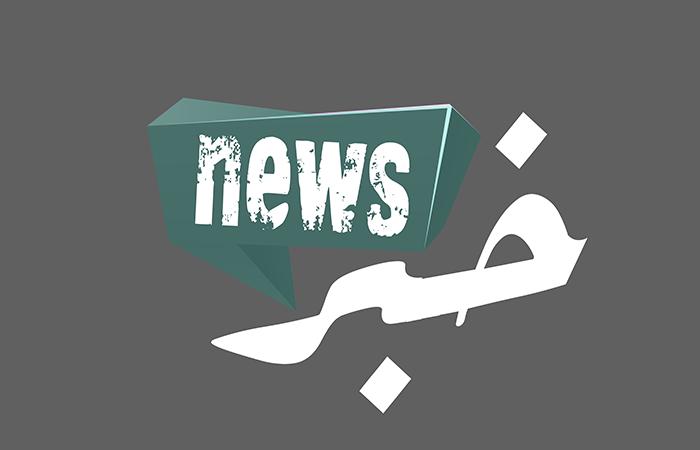Henry Austin – Independent
Donald Trump‘s visit to a First World War cemetery was called off by the White House because of poor weather.
The US leader was set to visit the Aisne-Marne American cemetery in the French village of Belleau – the site of a 1918 battle in which the Americans and French repelled German forces. More than 1,800 Americans died there.
The battle looms large in the history of the US Marine Corps.
Mr Trump was supposed to participate in a wreath-laying and a moment of silence at the site, but heavy rain prevented him from arriving via helicopter to the site, which is more than 50 miles east of the French capital.
The grandson of Winston Churchill was among those who condemned Mr Trump for cancelling the trip.
Conservative MP Nicolas Soames tweeted: “They died with their face to the foe and that pathetic inadequate @realDonaldTrump couldn’t even defy the weather to pay his respects to The Fallen.”
David Frum, the former speechwriter for President George W. Bush, said he thought it was “incredible” that the US president would travel to France and not pay his respects to US soldiers.
Ben Rhodes, deputy national security adviser under President Barack Obama, said the White House’s excuse about “logistical difficulties caused by the weather” did not make sense.
“I helped plan all of President Obama’s trips for 8 years,” he wrote on Twitter. “There is always a rain option. Always.”
As many of his countrymen fought in Vietnam, the US leader received five military deferments during the 1960s – four for academic reasons and one for bone spurs, or calcium build-up in the heels.
During his presidential campaign, he could not recall which heel had been affected. He later said the issue had been “temporary” and “minor”, adding that “over a period of time, it healed up”.
White House chief of staff John Kelly, a retired Marine Corps general, his wife and Secretary of State Mike Pompeo will visit instead.
Mr Trump is visiting France for a weekend commemorating the 100 years since the end of the First World War.
But a spat with French president Emmanuel Macron over their comments about European security threatened to divert attention away from this.
The American and French leaders, who have had something of an up-and-down relationship, worked to project unity on whether Europe should create an army as they addressed reporters before they held private meetings at the Elysée Palace.
Just as Air Force One touched down in Paris Friday night, Mr Trump called his counterpart’s suggestion that Europe build its own military in order to protect itself from the US, China and Russia “very insulting“.
He added: “Perhaps Europe should first pay its fair share of Nato, which the US subsidises greatly!”
Mr Macron said earlier this week that Europe needs to protect itself against “China, Russia and even the United States” in terms of cyberspace. Later, Macron reiterated that Europe needs to build up its own military because it can no longer depend on the US for defence.
The French president’s office insisted that the US leader had misunderstood the comments about sharing the defence burden and the two men struck a more friendly tone as they opened their meeting at the grand presidential residence.
“We want to help Europe but it has to be fair. Right now, the burden-sharing has been largely on the United States,” Mr Trump said, adding that Mr Macron “understands that and he understands the United States can only do so much, in fairness to the United States.”
The US leader added that his country wants to “absolutely be there” to help defend Europe but that “different countries have to also help.”
Mr Macron, meanwhile, defended his viewpoint.
“I do share President Trump’s views that we need a much better burden sharing with Nato,” he said. He added that his proposal was ”utterly consistent with that”.
He said it was “unfair to have the European security today being assured just by the United States”.


